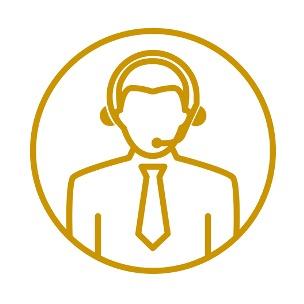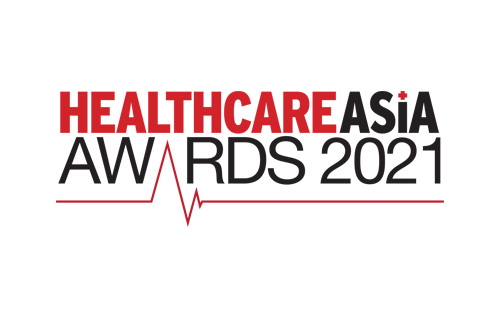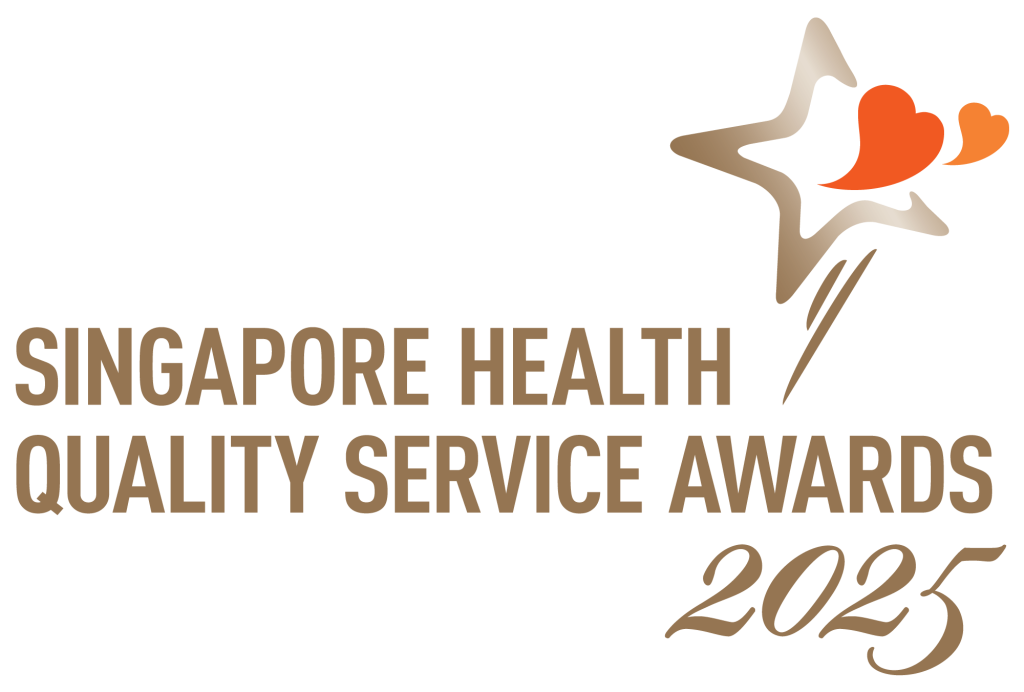
This World Mental Health Day shines a light on a pressing issue for many of us—mental health in the workplace. As employees face increasing demands, long hours, and high expectations, maintaining mental well-being has never been more important. The workplace can often be a source of stress, but it can also offer a supportive environment if mental health challenges are recognized and addressed.
Why Mental Health in the Workplace Matters
The modern work environment can significantly impact our mental health, often leading to stress, burnout, anxiety, and depression. Tight deadlines, long hours, and the pressure to perform can stretch us thin, especially when our work-life balance suffers. Research shows that mental health issues are a leading cause of absenteeism and reduced productivity. Taking steps to address these concerns is crucial not only for individual well-being but also for sustaining a productive and engaged workforce.
Common Workplace Mental Health Challenges
- Burnout: Persistent stress without adequate recovery can result in burnout, leaving you both physically and emotionally drained.
- Anxiety and Depression: The pressure to meet goals, manage workloads, or secure job stability can heighten anxiety and lead to depression.
- Workplace Stress: Unrealistic expectations, lack of control over your tasks, and insufficient resources contribute to stress that affects your mental well-being.
- Work-Life Imbalance: Struggling to separate work from personal life, especially with the rise of remote work, can lead to exhaustion and diminished mental resilience.
How Can You Take Care of Your Mental Health at Work
Maintaining mental health at work involves both proactive self-care and seeking support when needed. Here are some strategies to consider:
- Open Communication: Find mutual support by discussing your mental health concerns with your trusted colleagues or supervisors. Open dialogue helps in reducing stigma and finding mutual support.
- Seek Resources: Take advantage of available mental health resources or counseling services offered by your employer.
- Set Boundaries: Strive for a healthy work-life balance by setting clear boundaries and taking time off when needed.
- Self-Education: Educate yourself about mental health to better understand and manage your own well-being and support others.
Resources to Support Your Mental Health
In honor of World Mental Health Day, we’ve gathered articles and research-based resources written by mental healthcare experts to support your mental well-being:

By Dr. Jared Ng, Psychiatrist, Connections MindHealth
Struggling to convince a loved one to seek help? It can be tough to navigate, but you’re not alone. In this insightful article, a psychiatrist shares compassionate strategies to gently encourage someone to get the help they need, without pushing too hard.

By Mental Health Foundation UK
Approaching retirement or recently retired? Discover essential tips for maintaining your mental health during this major life transition. This guide offers practical advice tailored for those in their 60s to ensure you stay mentally and emotionally well.

By HealthHub SG
Explore self-care tools and resources to better understand and manage your mental health. Uncover the facts to the common misconceptions about mental well-being at MindSG today.
Take the first step this World Mental Health Day—whether it’s starting a conversation with a colleague, setting boundaries to protect your personal time, or simply taking a moment to breathe. Your well-being matters!
If you believe the person you love is at risk of harming themselves or the people around them, you must consider contacting emergency lines in Singapore: 995 for an ambulance or 999 for a police emergency. You can also call the SOS Hotline (1767) or the IMH Helpline (63892222) If you believe the issues are urgent but do not warrant contacting the police/SCDF ambulances.
References:
- Constructive feedback for employees: 5 tips for employee growth. Trust Recruit. (2023). Available at: https://www.trustrecruit.com.sg/hacks-to-create-constructive-feedback-for-employees/ (Accessed: 27 September 2024)
- de Oliveira, C., Saka, M., Bone, L., & Jacobs, R. (2023). The Role of Mental Health on Workplace Productivity: A Critical Review of the Literature. Applied health economics and health policy, 21(2), 167–193. Available at: https://www.ncbi.nlm.nih.gov/pmc/articles/PMC9663290/ (Accessed: 27 September 2024)
- How to look after your mental health in later life. Mental Health Foundation. (n.d.). Available at: https://www.mentalhealth.org.uk/explore-mental-health/publications/how-look-after-your-mental-health-later-life#paragraph-18371 (Accessed: 27 September 2024)
- Ng, J. (2023). How can I convince a loved one to seek psychiatric help? Connections Mind Health. Available at: https://connectionsmind.com/how-can-i-convince-a-loved-one-to-seek-psychiatric-help/ (Accessed: 27 September 2024)




















